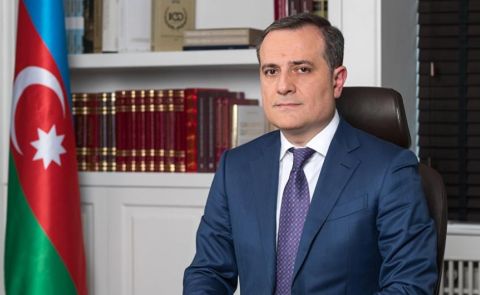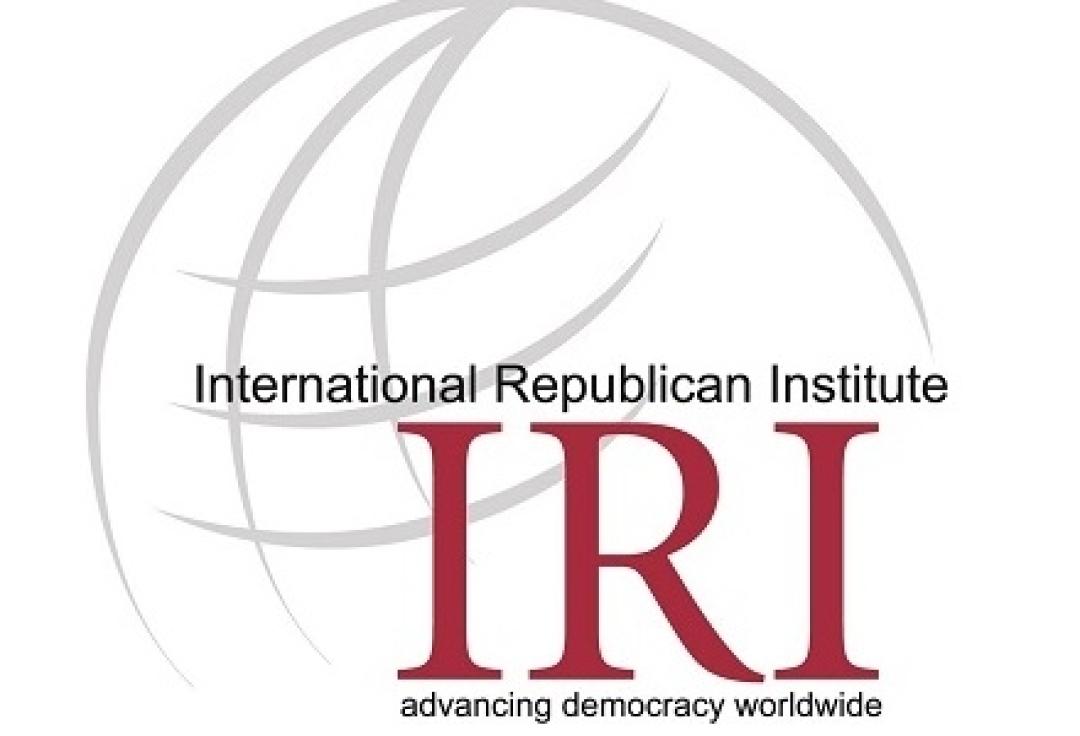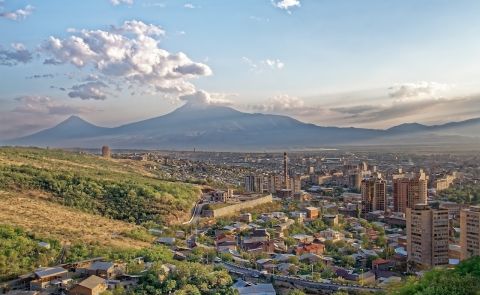
Latest IRI public opinion polls show a rising level of dissatisfaction with the state of Armenian-Russian relations

On 31 January, the International Republican Institute (IRI) published its report on public opinion in Armenia. The institute conducted the survey between 22nd November and 5th December 2021, with a sample of 1,512 of the country’s permanent residents.
According to the survey results, 46% of the questioned expressed their belief that the country is going in the wrong direction in comparison to 34% who stated that the country is going in the right direction. 20% did not have an opinion this matter. In terms of the country’s major issues, Armenia’s territorial integrity and the border issues with Azerbaijan were highlighted as the most prominent issue by 34% of the surveyed (28% first response, 6% second response) followed by economy/unemployment (4% first response, 13% second), and the national security of the country (15% first response, 2% second).
In terms of the country’s state institutions, Armenia’s Human Rights Defender (Ombudsman) was highlighted as the most trusted institution, with 68% of the surveyed expressing their satisfaction with the institutions work (35% very satisfied, 33% somewhat satisfied). Besides the Ombudsman’s office, the Armenian police (68%), local governments (63%) and the armed forces (58%) enjoyed a high level of trust by the Armenian residents. The most distrusted institutions in the country were the National Assembly (67% with 50% of the surveyed expressing absolute dissatisfaction with the institution’s work), the leadership of the Armenian army (54%) and the President’s Office (53%).
When it comes to foreign policy and Armenia’s relations with other countries, France was highlighted as the country with which relations the Armenian citizens were most satisfied with (92%, 49% stating that the relations were very good), followed by Iran (80%) and the United States of America (77%). The survey showed a rising level of dissatisfaction on how Armenia’s relations with Russia are unfolding, with only 15% of the questioned stating that Armenia’s relations with the country were “very good” and scoring below China (75%) and the European Union (69%) in terms of overall satisfaction with the state of relations (53%). On the other hand, Russia was still highlighted as the most important political, economic and security partner to Armenia (57%, 61%, 64% respectively), followed by France (50%) and the USA (38%) in political terms; Iran (40%) and China (29%) on economic terms; and France (32%) and Iran (31%) on security terms. Russia was also highlighted as the country with which Armenia mostly needs to improve its relations for the development of the country (53%) followed by USA (35%) and Iran (29%).
Azerbaijan (94%) and Turkey (91%) were highlighted as the countries with which Armenia harbours bad relations. The survey also showed that Turkey was perceived as a greater political (90%), economic (68%) and security (88%) threat then Azerbaijan (77%, 52%, 81%), with Russia being the third most mentioned country in terms of threats (15%, 17%, 11%). However, the survey also showed that the Armenian citizens were in favour of an establishment of bilateral relations with Turkey. 63% of the surveyed agreed that Armenia should start a dialogue with Turkey and normalise bilateral relations, while pursuing the agenda of Turkish recognition of the Armenian Genocide, while 60% of the surveyed stated that bilateral relations should be established with Turkey by putting forward Armenian preconditions such as Turkey’s non-hindrance in Nagorno-Karabakh peace negotiations.
A special section of the survey was dedicated to the status of Nagorno-Karabakh in the aftermath of the war. 96% of the surveyed stated that the resolution of the Nagorno-Karabakh conflict was important to Armenia’s future in the next 10 years. 56% of respondents stated that Armenia needs to strengthen its military capacities while pursuing peace, 28% stated that Armenia must reach peace but prepared to defend itself in case of another possible outbreak of the war, while only 13% of the questioned preferred the option that the country should strengthen its military capacities without peace-seeking aspirations. The recognition of Nagorno-Karabakh as an independent state was highlighted as the most desirable solution to the conflict, with 35% of the surveyed being in favour of that option, followed by unification with Armenia (34%) and establishment as an autonomous region within Armenia (16%).
The survey also covered questions related to the Armenian-Azerbaijani relations in the aftermath of the war, especially border delimitation and demarcation and the possible establishment of economic relations. 25% of Armenia’s citizens responded that the delimitation and demarcation process should start after the final resolution of the Nagorno-Karabakh conflict and signing of a peace agreement with Azerbaijan, 16% believed that the process should start only when the country’s armed forces are restored, while also 16% stated that it was not in the interest of the country to launch the process. The opening of transport routes between the countries was also negatively perceived by the surveyed. 59% agreed that it would negatively impact the economic development of Armenia in comparison to 27% who had a positive opinion on the matter.
See Also


Nordic-Baltic Delegation Meets Armenian Leaders to Discuss Regional Cooperation and Peace

Azerbaijan Strengthens Energy Partnerships with Multiple Countries

BP Strengthens Presence in Azerbaijan’s Offshore Energy Sector

Netanyahu’s Letter to Aliyev: Mutual Trust, Solidarity Following Hamas Attacks, Facilitating Dialogue Between Israel and Türkiye

